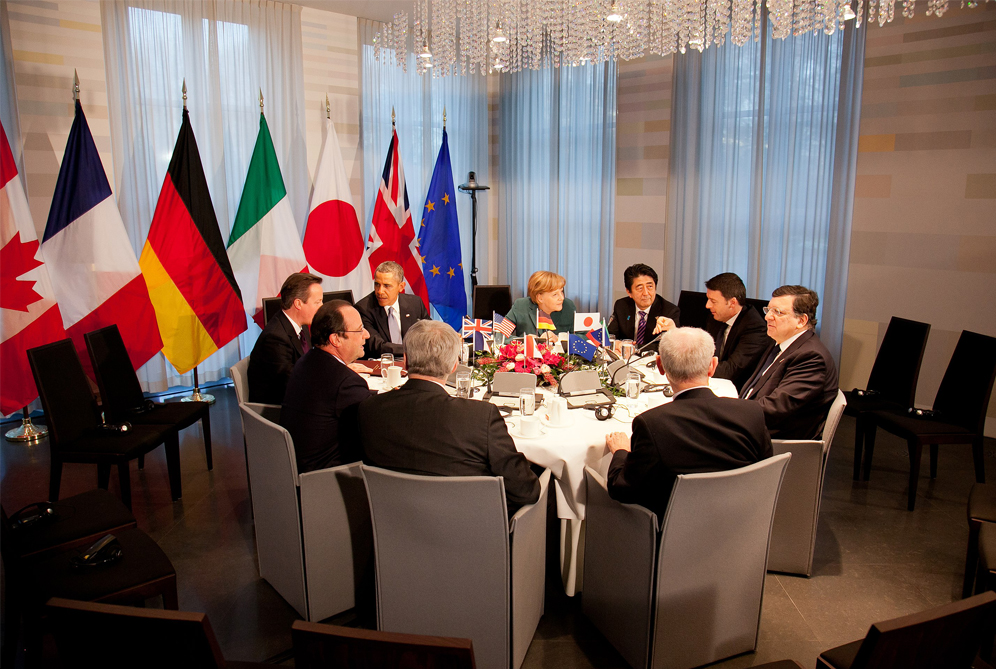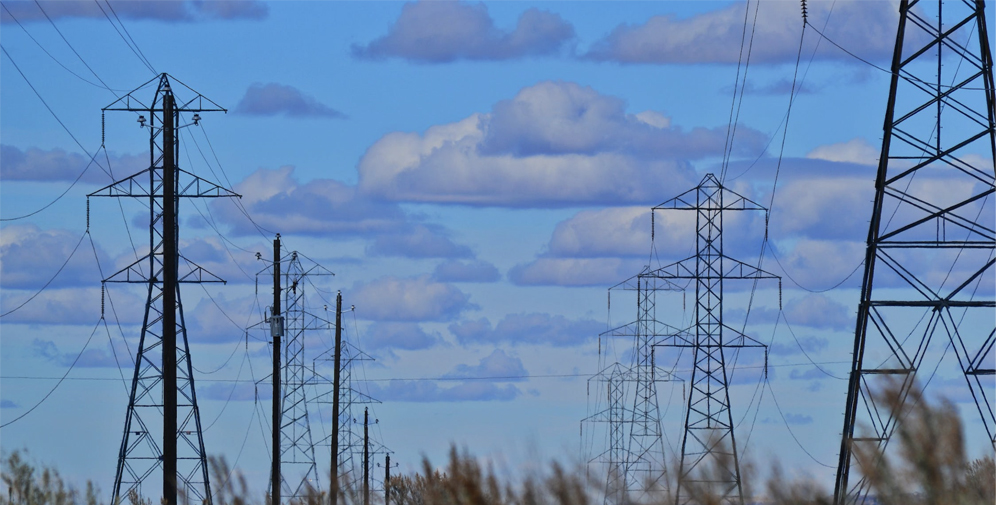
G7 Ministers Are Taking Action to Reverse Biodiversity Loss and Decarbonise Power Grids
The Group of Seven (G7) is a forum of seven wealthy democracies that share common values and interests on global issues. One of the most pressing challenges facing the world today is climate change and its impact on biodiversity and human well-being. To address this challenge, the G7 ministers of climate, energy and environment met in Japan in April 2023 to discuss and agree on concrete actions to reverse biodiversity loss and decarbonise power grids by 2035.
G7 Environment Ministers (as of 2023)
| Country | Minister |
|---|---|
| Canada | Jonathan Wilkinson |
| France | Barbara Pompili |
| Germany | Svenja Schulze |
| Italy | Roberto Cingolani |
| Japan | Koizumi Shinjiro |
| United Kingdom | George Eustice |
| United States | Michael Regan |
Reversing Biodiversity Loss
Biodiversity is the variety of life on Earth, from genes to ecosystems. It provides essential services for human health, food security, economic development and resilience to natural disasters. However, biodiversity is declining at an unprecedented rate due to human activities such as habitat destruction, overexploitation, pollution and climate change. According to the Intergovernmental Science-Policy Platform on Biodiversity and Ecosystem Services (IPBES), one million species are threatened with extinction and three-quarters of the land surface has been significantly altered by humans.
To reverse this alarming trend, the G7 ministers agreed to take urgent action to conserve and restore nature, enhance its contribution to people and align their policies with the global biodiversity framework that will be adopted at the 15th Conference of the Parties (COP15) to the Convention on Biological Diversity (CBD) in China later this year. The ministers also committed to increase their financial support for biodiversity conservation and sustainable use, especially in developing countries, and to promote nature-based solutions for climate change mitigation and adaptation.

Decarbonising Power Grids
Power generation is one of the main sources of greenhouse gas emissions that cause global warming and climate change. To limit the rise in global average temperature to well below 2°C above pre-industrial levels, as agreed in the Paris Agreement, the world needs to rapidly transition from fossil fuels to clean and renewable energy sources. The G7 ministers recognised this urgency and agreed to speed up the development of renewable energy, especially offshore wind and solar power, and to phase out unabated fossil fuels by 2050 at the latest.
The ministers also acknowledged the need to ensure energy security and affordability for all, especially in light of the recent crisis in Ukraine that has raised concerns over Europe’s dependence on Russian gas supplies. The ministers agreed to diversify their energy sources and routes, enhance their energy efficiency and resilience, and support low-carbon transition in partner countries. They also recognised the role of liquefied natural gas (LNG) as a transition fuel for at least 10 to 15 years, as well as the potential of hydrogen and carbon capture, utilisation and storage (CCUS) technologies.

Next Steps
The G7 ministers’ meeting on climate, energy and environment was a significant step towards achieving a green and sustainable recovery from the COVID-19 pandemic and building a more resilient future for people and nature. The ministers demonstrated their leadership and solidarity in tackling the global challenges of climate change and biodiversity loss, and set ambitious targets for themselves and the rest of the world. The success of their efforts will depend on their implementation and follow-up, as well as on their collaboration with other stakeholders, such as civil society, private sector, indigenous peoples and local communities.
Work with us for a sustainable future
For more information on the above, and how we can assist you to become part of the solution on climate change, contact us.


